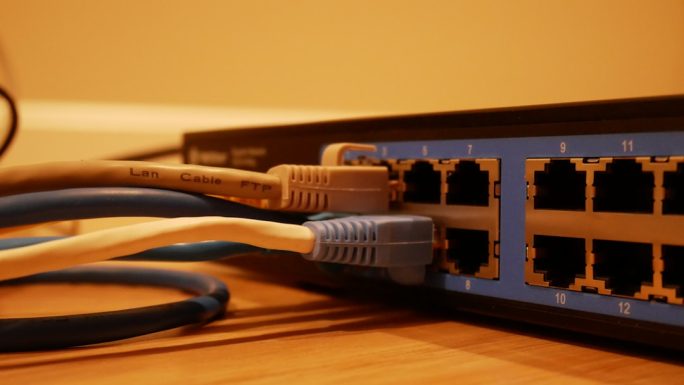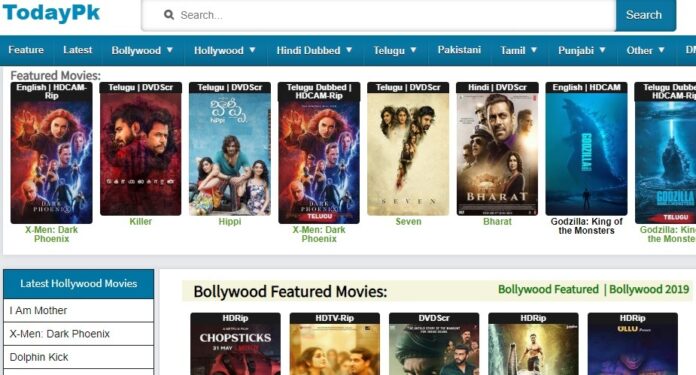In today’s complex cybersecurity landscape, threats are evolving faster than ever. Organizations are no longer dealing with the occasional virus or phishing email — they are up against persistent, sophisticated cyber attacks that can infiltrate networks undetected. As such, endpoint detection and response (EDR) solutions have emerged as a critical line of defense. But managing EDR tools effectively requires time, resources, and expertise, which is why many businesses are turning to Managed EDR services to shore up their defenses and improve their overall security posture.
What is Managed EDR?
Managed Endpoint Detection and Response (EDR) refers to a service provided by cybersecurity experts who monitor, analyze, and respond to threats detected by EDR tools on an organization’s endpoints such as laptops, desktops, servers, and mobile devices. Unlike traditional antivirus software, EDR tools don’t just detect malware — they also record detailed security events, facilitate forensic analysis, and support prompt remediation.
How Does Managed EDR Improve Your Security Posture?
Organizations that lack the proper resources or skillsets to run EDR platforms effectively benefit enormously from outsourcing these tasks. Here’s how Managed EDR enhances security:
- 24/7 Monitoring and Threat Detection: One of the key advantages of Managed EDR is round-the-clock surveillance of endpoints. Managed Security Service Providers (MSSPs) ensure that threats don’t go undetected — even during off-hours or holidays. This significantly reduces dwell time and the risk of data breaches.
- Expert Threat Analysis: The service comes equipped with cybersecurity professionals who analyze threat data, differentiate between false positives and genuine threats, and make informed decisions. This expertise leads to faster and more accurate remediation.
- Rapid Incident Response: When a threat is detected, time is critical. Managed EDR enables immediate containment, investigation, and remediation, all of which minimize any potential damage and prevent lateral movement across networks.
- Endpoint Visibility: Managed EDR tools provide a detailed picture of what’s happening on every endpoint, allowing security teams to hunt threats proactively. This level of visibility is crucial to understanding attacks and preventing future incidents.
- Compliance Support: For organizations in heavily regulated industries, Managed EDR helps meet compliance obligations by maintaining logs, generating reports, and implementing security controls that align with frameworks like HIPAA, PCI-DSS, or GDPR.

Why Managed EDR Over Traditional EDR?
While traditional EDR platforms are important, they are resource-intensive and require constant tuning and management. Small to mid-size companies often struggle to hire and retain cybersecurity talent to manage these platforms effectively. Managed EDR fills this gap by providing:
- Access to skilled security analysts without the need to build an in-house Security Operations Center (SOC).
- Advanced analytics and threat intelligence that come from working with various clients and industries.
- Cost-effective solutions that eliminate the need for expensive infrastructure and personnel.
This makes Managed EDR especially attractive for organizations that want enterprise-grade protection without the associated costs and complexities of running their own security operations.
Real-Time Alerts with Actionable Insights
Another major benefit of Managed EDR is the quality of alerts. Traditional solutions often overwhelm security teams with high volumes of alerts, many of which are false positives. Managed providers refine these alerts based on context, priority, and risk level, allowing security teams to focus only on what truly matters. These actionable insights enhance decision-making and accelerate response times.
Scalability and Adaptation
As organizations grow and their threat landscape changes, their security solutions need to evolve too. Managed EDR providers continuously refine and scale their services to meet emerging threats. Whether an organization adds more endpoints, moves to a hybrid work model, or adopts new cloud infrastructure, a Managed EDR service can adapt seamlessly.

Final Thoughts
Managed EDR is more than just an outsourced monitoring tool — it’s a strategic solution that empowers organizations to stay ahead of cybercriminals. By combining advanced technology, continuous monitoring, expert analysis, and rapid response capabilities, Managed EDR significantly strengthens an organization’s security posture. In a world where cyber threats are a question of “when” and not “if,” this proactive approach can make all the difference.













Recent Comments